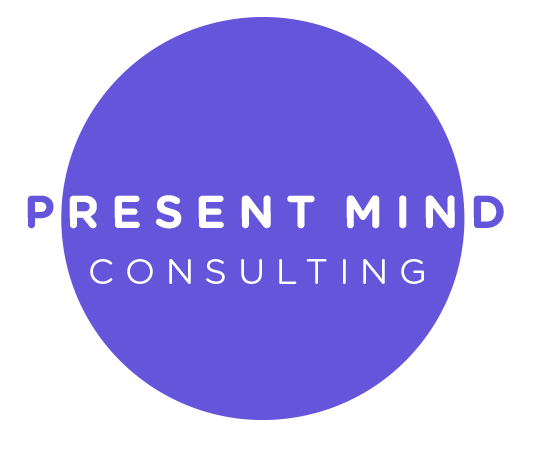The science of letting go under pressure
When the heat’s on, be in in sport, artistic performance, public speaking, or any other activity where you’ll be evaluated, one thing is clear: provided your skill is well-rehearsed, you need to trust, let go, and let it happen automatically. Why?
Decades of neuroscience research now shows that the brains of elite performers are highly efficient during high-stakes performance relative to novices - paradoxically, although they perform better, they’re not working as hard under the hood. This probably matches up with your experience - you’ve likely been in a state of flow at one point or another, and everything felt easy, fun, and effortless - you played out of your mind.
How has science helped us understand this phenomenon? A classic paradigm is to compare the brain functioning of expert performers with novices as they engage in competition. Through recording electrical brain activity during athletic performance (often in target shooting or golf putting), scientists discovered that the brains of elite performers are less active in areas involved in conscious, analytical self-talk. That is, they don’t engage in effortful self-instruction around how to do something they already know so well. Conversely, novices tend to consciously and effortfully analyze each step of a motor skill as they perform it. Similarly, as motor skills improve within the same people over time through practice, the neural processes underlying them become increasingly streamlined. To drive this home, a hallmark of choking in high stakes events is interrupting a naturally effortless process of motor skill execution with conscious analysis of technique or mechanics.
How can this information help you? As you work on trusting yourself and your preparation in high-pressure events, draw on this scientific evidence to motivate you. It is essential that you avoid interrupting your well-rehearsed skills with self-instruction or analysis that is driven by self-doubt. Instead, trust the process, and let it happen. Your brain and body know what to do.
